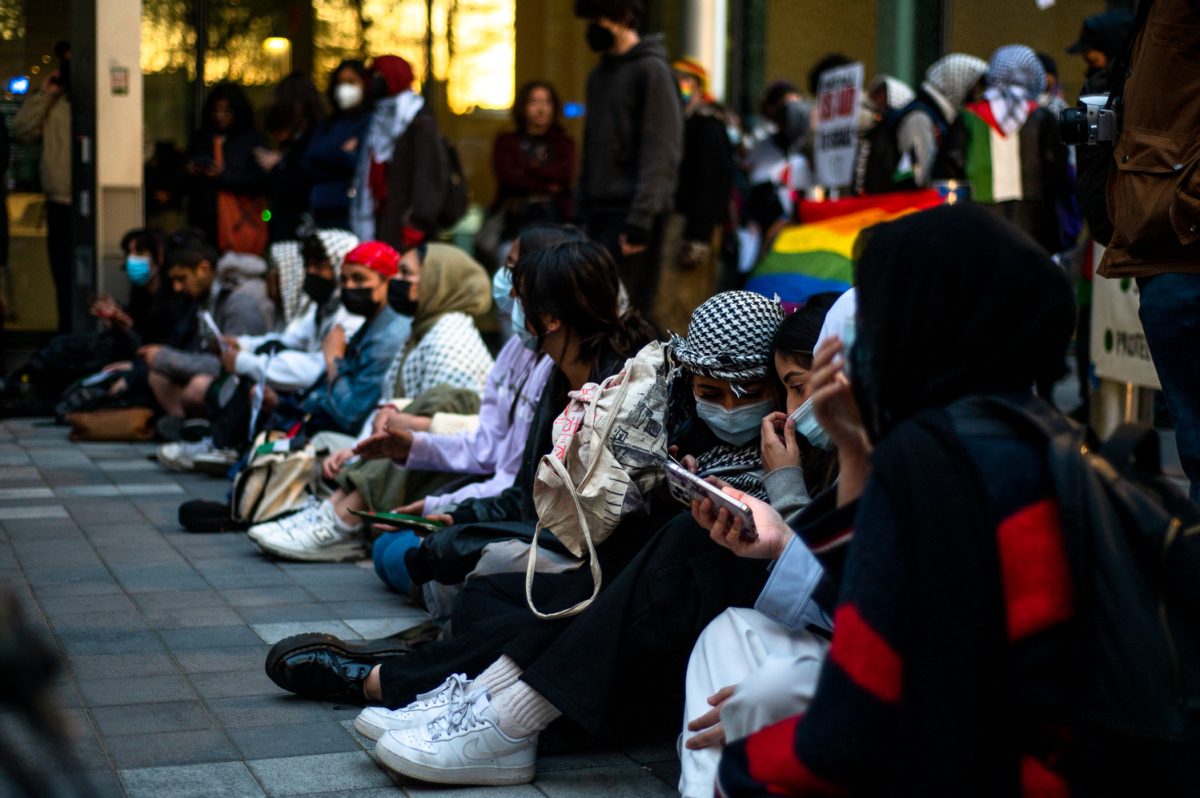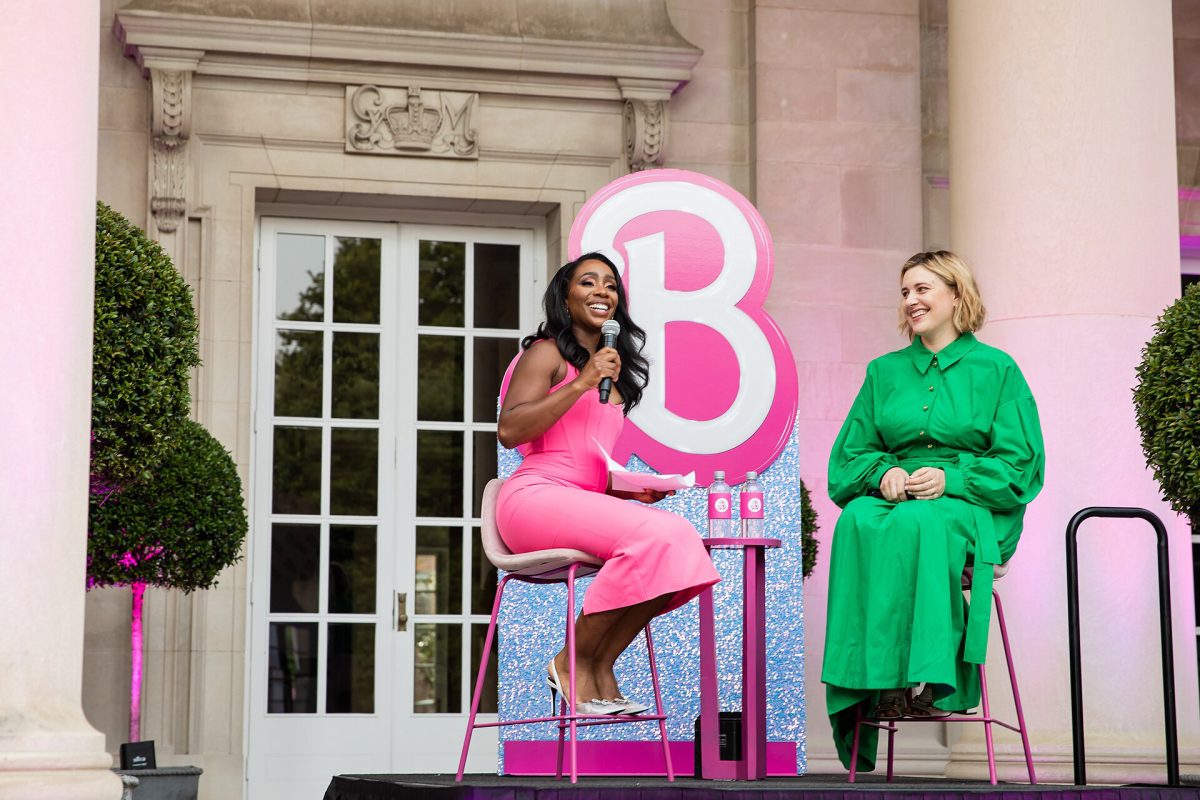The Oscar nominations for “Barbie” are out. Ryan Gosling was notably nominated for best supporting actor for his performance as Ken. More notably, Greta Gerwig and Margot Robbie were noticeably absent from the list for directing and actress in a leading role respectively. For a movie that centers around the celebration of femininity and the struggle of equality, the academy has glaringly missed the point. The internet was outraged, and even Ken himself realized the irony of the nominations. “Barbie” is a beautiful film about acceptance and female friendships — something that couldn’t be done without Gerwig’s direction — and it should have been recognized.
All three of Gerwig’s directed films focus on the differing interpretations of womanhood. In an interview Gerwig herself agreed they are about “how girls learn to be women.” “Little Women” follows a beloved classic story of four sisters, and “Lady Bird” follows an angsty teen as she attempts to navigate her senior year of high school. She’s only one of eight women to ever be nominated for Best Director with her 2017 film “Lady Bird,” which she then lost to Guillermo del Toro’s “The Shape of Water.”
Part of Gerwig’s signature is her fast-paced, realistic dialogue. “Barbie” is no deviation — characters often quickly talk over each other to emulate natural emotions and conversation. Most of the humor is dependent on the pacing of the dialogue. She uses still pacing and steady shots to let the characters’ relationships shine. Gerwig focuses on the atmosphere and aesthetic of the sets, leading to highly recognizable shots like the signature pink for “Barbie.” The hands-on approach incorporates the actors’ personalities naturally, leading to authentic personifications of the characters.
“Greta has done just about everything that a director could do to deserve it,” said America Ferrera, nominated for actress in a supporting role for “Barbie.” “Creating this world, and taking something that didn’t have inherent value to most people and making it a global phenomenon. It feels disappointing to not see her on that list.”
Throughout its global theatrical run, “Barbie” grossed over $1.4 billion dollars. The movie started a widespread, international discourse about the role of women in society on a high scale. Admittedly, Ferrera’s third act monologue is surface-level feminism. She explains the careful balancing act that women have to play in the real world versus Barbie world to break other Barbies free from the Kens’ hypnotization. And yet, “Barbie” changed the narrative.
In the early 2000s, the Barbie doll was often demonized for promoting unrealistic body standards, with her stereotypical bleach blond hair and skinny waist. Gerwig’s interpretation celebrated every shape, size and profession: women can be presidents, mothers and doctors. Ferrera’s surface-level monologue felt oversimplified to a lot of watchers, yet there were many people who needed to hear it. Generations of girls who are learning and growing can listen to it and understand the groundwork of feminism. It’s an oversimplification — and it’s realizing that not everyone across the world knows and comprehends these values.
“Barbie’s” commercial success and cultural commentary would not be as effective without Gerwig’s direction. It’s insightful and meaningful to audiences. By choosing to incorporate Ferrera’s heartfelt monologue, Gerwig has opened up the field of equality to young girls everywhere. It’s become accessible to all types of households. Hollywood’s hesitation to take “Barbie” seriously as a film that celebrates femininity has cost Gerwig a well-deserved nomination.
Contact Julia Diorio at [email protected].














































































































































